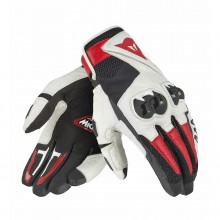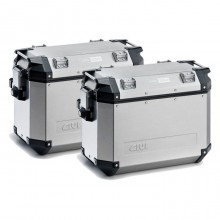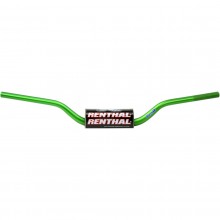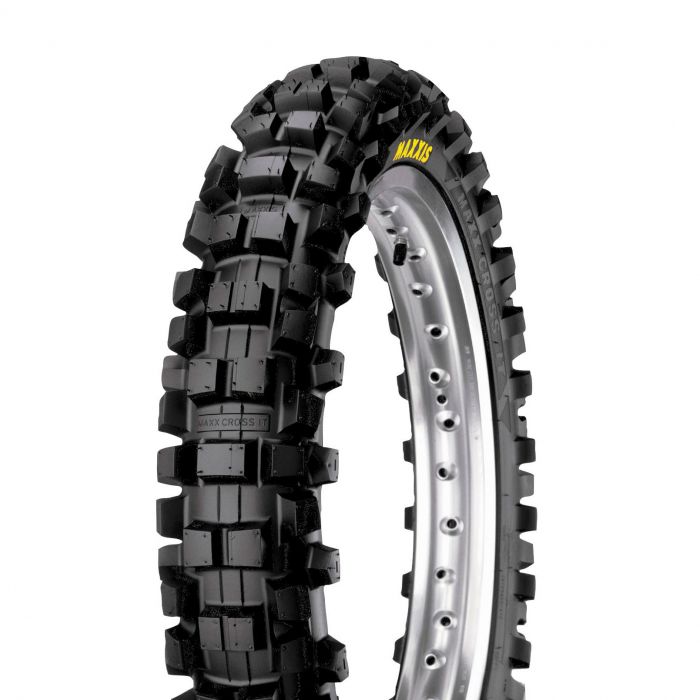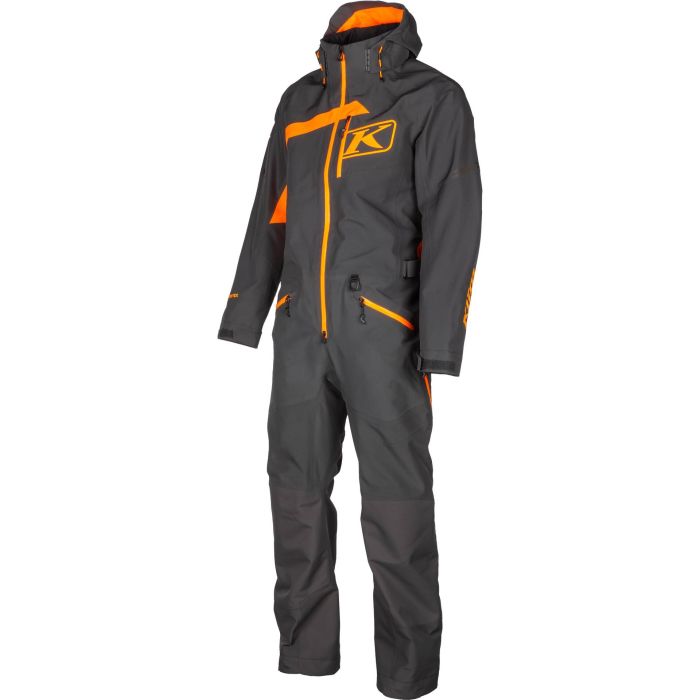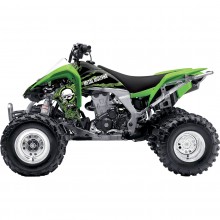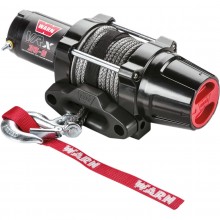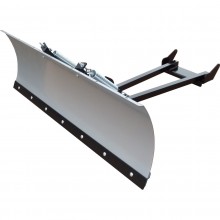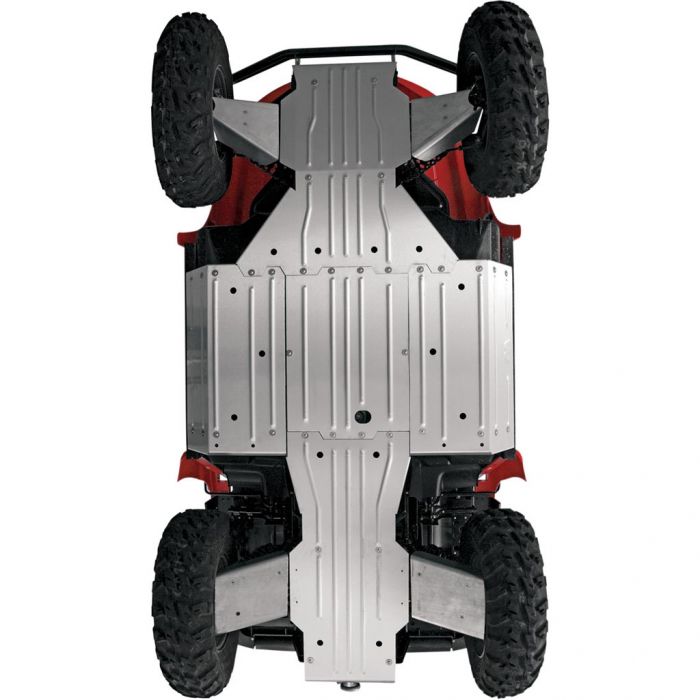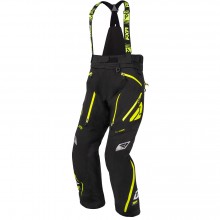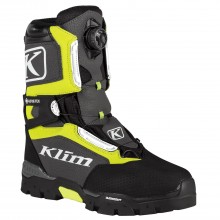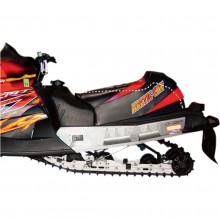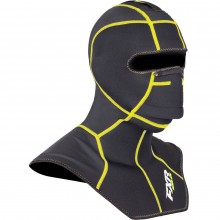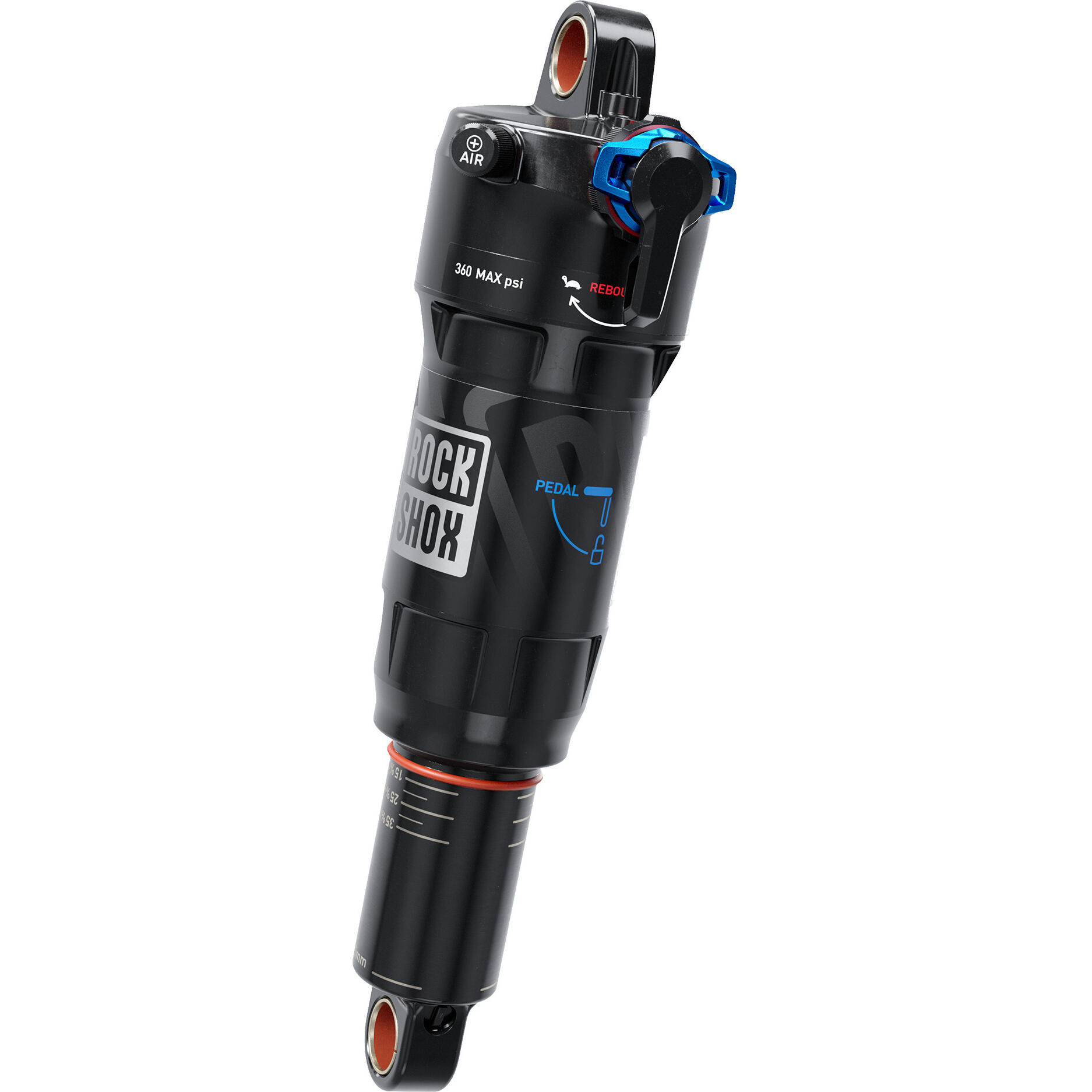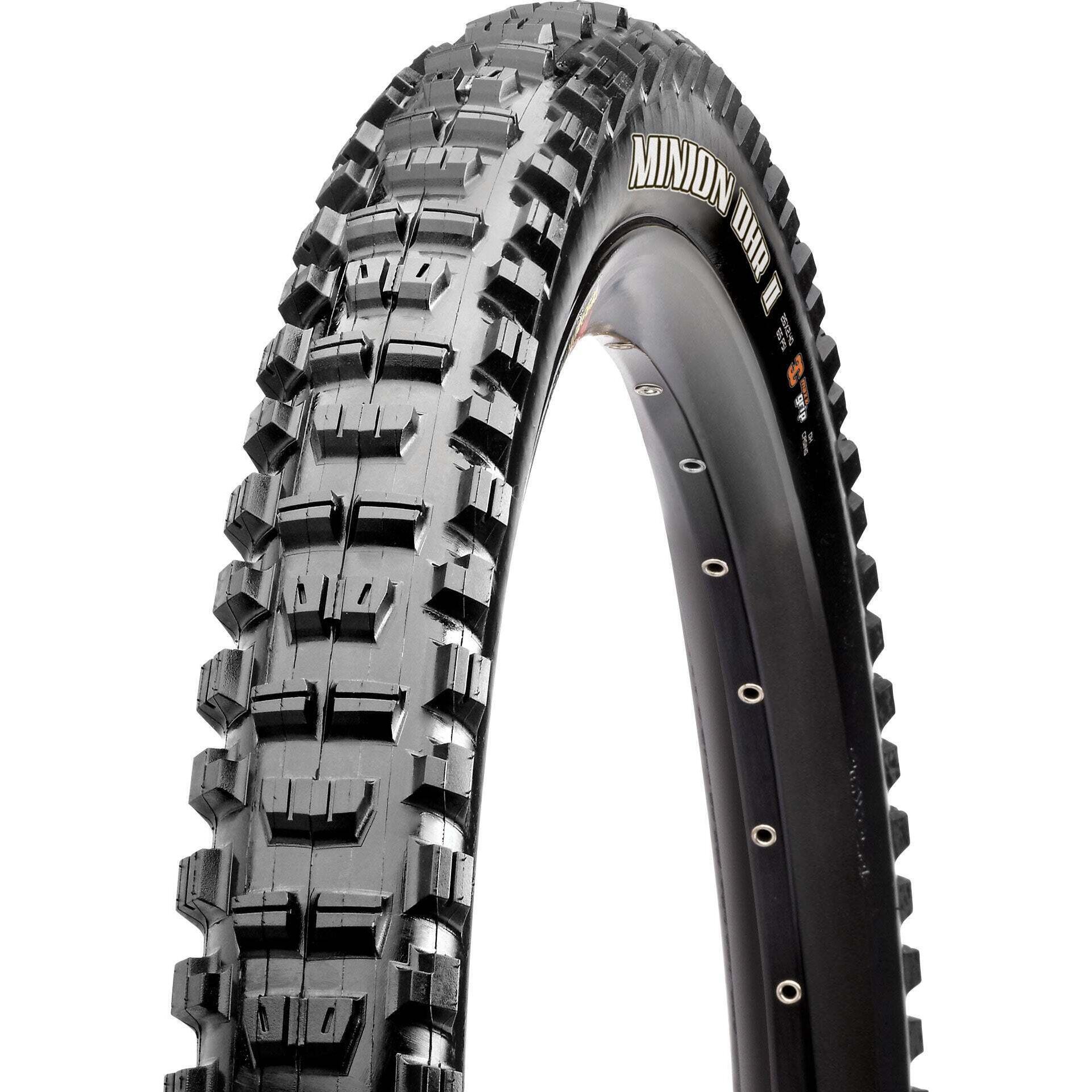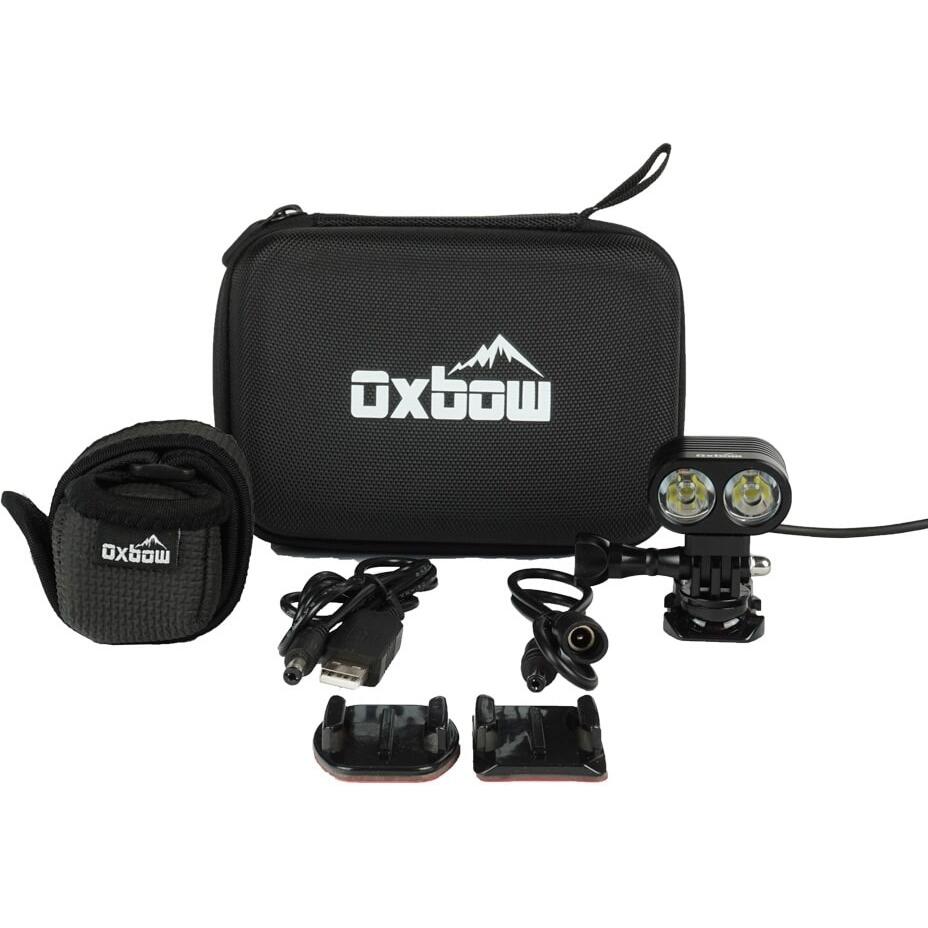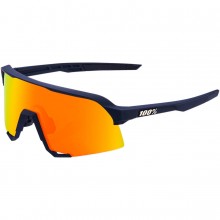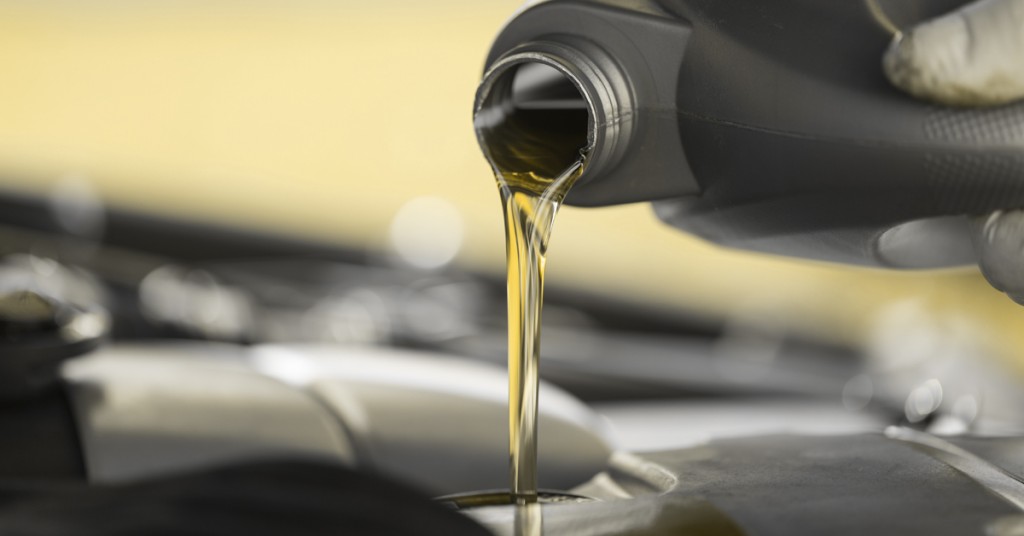Let’s start at the beginning with a look at what oil does inside your engine. Yes, it’s a lubricant that ensures metal doesn’t touch metal and everything moves smoothly and effortlessly, but oil also performs a number of other vital tasks.
Cleaner
Dirt and carbon are normal by-products of the combustion cycle. If left to build up over time on engine components, these contaminants will negatively impact engine performance and economy. Worse still, they will begin to cause friction, which in turn will lead to abrasion and component damage. Engine oil not only cleans the contaminants from components, but it keeps them suspended within itself until they can be flushed away at an oil change.
Coolant
Engines are both high pressure and high heat. Oil acts as a coolant to ensure that moving parts do not overheat. The overheating of engine components over time will make them more susceptible to damage.
Emissions Protector
Many modern motorcycles use catalytic converters, and ‘cats’ are one of the most costly items of a fuel and emissions system. Over time, catalytic converters become less efficient and need to be replaced. This process would be a lot quicker if it wasn’t for oil, as the black gold has a minimal impact on cats.
Anti Oxidizer
The oxidisation of metal will occur whenever it is in the presence of oxygen and water. Oil nullifies this risk by continually coating engine parts and creating a barrier from both oxygen and water. Rust in an engine is never good.
Gearbox and Clutch
Modern 4 stroke motorcycles work with a wet clutch. In other words, the same oil that lubricates, cools and cleans the engine also does the same job in the gearbox and for the clutch. To be able to withstand this much heat, pressure and cross contamination, modern motorcycle oils have been developed to be incredibly efficient and stable.



